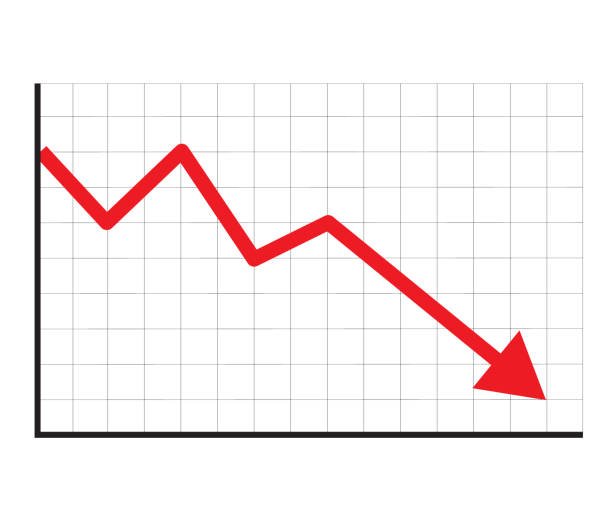
Will there be a shift in housing value in 2023?
As we look into the future of the housing market in 2023, it’s important to consider various factors that could potentially influence its trajectory. While my trust in my newly acquired crystal ball may be limited, let’s explore some insights and predictions regarding the housing market.
Will there be a shift in value in the housing market, and will it begin a downward trend? Based on current indicators, it is unlikely that we will see a significant regression in home values in 2023. Here’s why:
-
Homeowners are reluctant to sell: Home sales have experienced a decline of 22% nationwide from March 2022 to March 2023. Factors such as higher interest rates and elevated home prices have contributed to this trend. When sales decrease, it leads to a shortage of available properties, resulting in a tighter inventory. This scarcity drives competition among buyers, stabilizing and, in some cases, increasing sales prices. The principles of supply and demand play a crucial role here.
-
Credit availability is tight, and riskier loan products are limited: Securing financing has become challenging as credit availability remains tight. Riskier loan products that were prevalent in the past are no longer widely available. In simple terms, obtaining funds for purchasing a home has become more difficult. Lenders are exercising caution, requiring borrowers to meet stringent criteria, reducing the likelihood of delinquencies and loan defaults.
-
Mortgage delinquency rates are low: Continuing from the previous point, the stringent lending practices have resulted in low mortgage delinquency rates. Lenders are more selective, granting mortgages to highly qualified individuals, thereby mitigating the risk of delinquent payments. This prudent approach ensures a healthier housing market with fewer instances of short sales or real estate-owned properties.
-
Home equity is at an all-time high, reducing the likelihood of foreclosures: Many homeowners have built substantial equity in their properties, especially those who purchased before 2020. This accumulated equity acts as a safeguard against the possibility of going upside down in value. While it may not hold true for recent homebuyers, those with a longer ownership history have a cushion of equity that makes it theoretically harder to face foreclosure.
-
The housing market is experiencing a shortage of inventory: One crucial aspect contributing to the stability of home values is the scarcity of available properties. The housing market is facing a shortage of inventory, meaning there is a limited number of homes for sale. This scarcity creates competition among buyers, driving prices up.
As we consider these factors, it becomes evident that the housing market in 2023 is likely to maintain its stability and resist a significant decline in home values. However, it’s important to note that market conditions can change over time, influenced by various economic and social factors. To gain a more accurate understanding of specific housing market trends and conditions in your area, it is advisable to consult with local real estate professionals who have up-to-date knowledge of the market dynamics.
In conclusion, while my crystal ball may not provide absolute certainty, the current landscape suggests that the housing market in 2023 will remain relatively stable, supported by factors such as limited inventory, tight credit availability, low mortgage delinquency rates, and high levels of home equity.